Description
Thyroxine (T4) is a thyroid hormone naturally produced by the thyroid gland. It plays a critical role in regulating metabolism, energy production, growth, and development. In medical use, synthetic thyroxine (commonly known as Levothyroxine) is one of the most prescribed medications worldwide for managing thyroid disorders.
Medical Uses of Thyroxine (T4)
Doctors prescribe thyroxine primarily for:
-
Hypothyroidism (underactive thyroid): Restores normal hormone levels, relieving fatigue, weight gain, and cold intolerance.
-
Goiter (enlarged thyroid): Helps reduce thyroid enlargement.
-
Thyroid cancer: Used after surgery or radioactive iodine treatment to suppress tumor regrowth.
-
Hashimoto’s Thyroiditis: Corrects hormone deficiency caused by autoimmune thyroid damage.
How Thyroxine (T4) Works
-
Thyroxine (T4) is converted in the body into triiodothyronine (T3), the active form of thyroid hormone.
-
It regulates basal metabolic rate (BMR), influencing how cells use energy.
-
Plays a vital role in protein synthesis, fat breakdown, and carbohydrate metabolism.
-
Supports growth, brain development, and heart function.
Benefits of Thyroxine (T4) Therapy
When taken as prescribed, thyroxine helps:
-
Restore normal energy levels
-
Improve mental clarity and mood
-
Support healthy weight management
-
Enhance heart and digestive system function
-
Promote skin, hair, and nail health
Dosage and Administration
-
Thyroxine is typically taken orally once daily, usually in the morning on an empty stomach.
-
Dosage varies depending on age, weight, severity of hypothyroidism, and individual response.
-
Regular thyroid function blood tests (TSH, T4, T3) are necessary to adjust dosage.

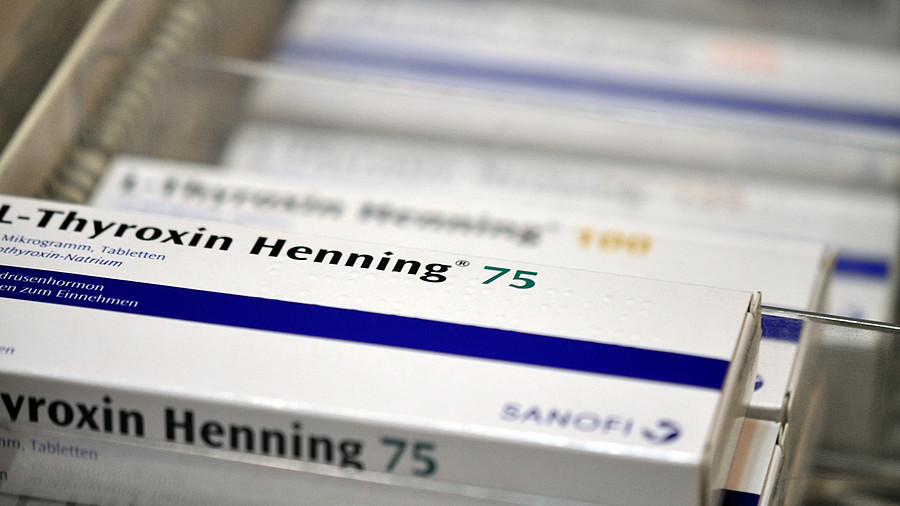
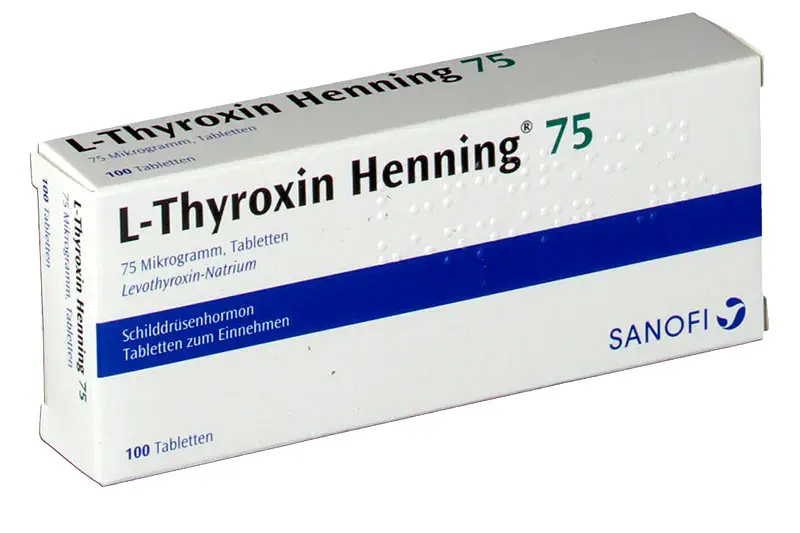

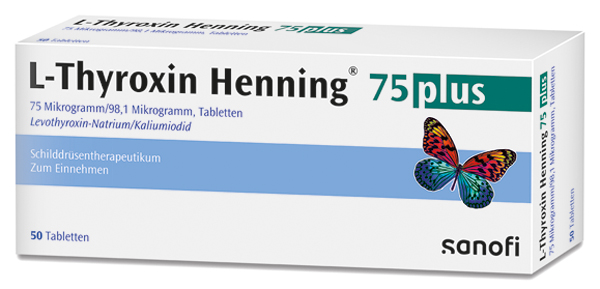
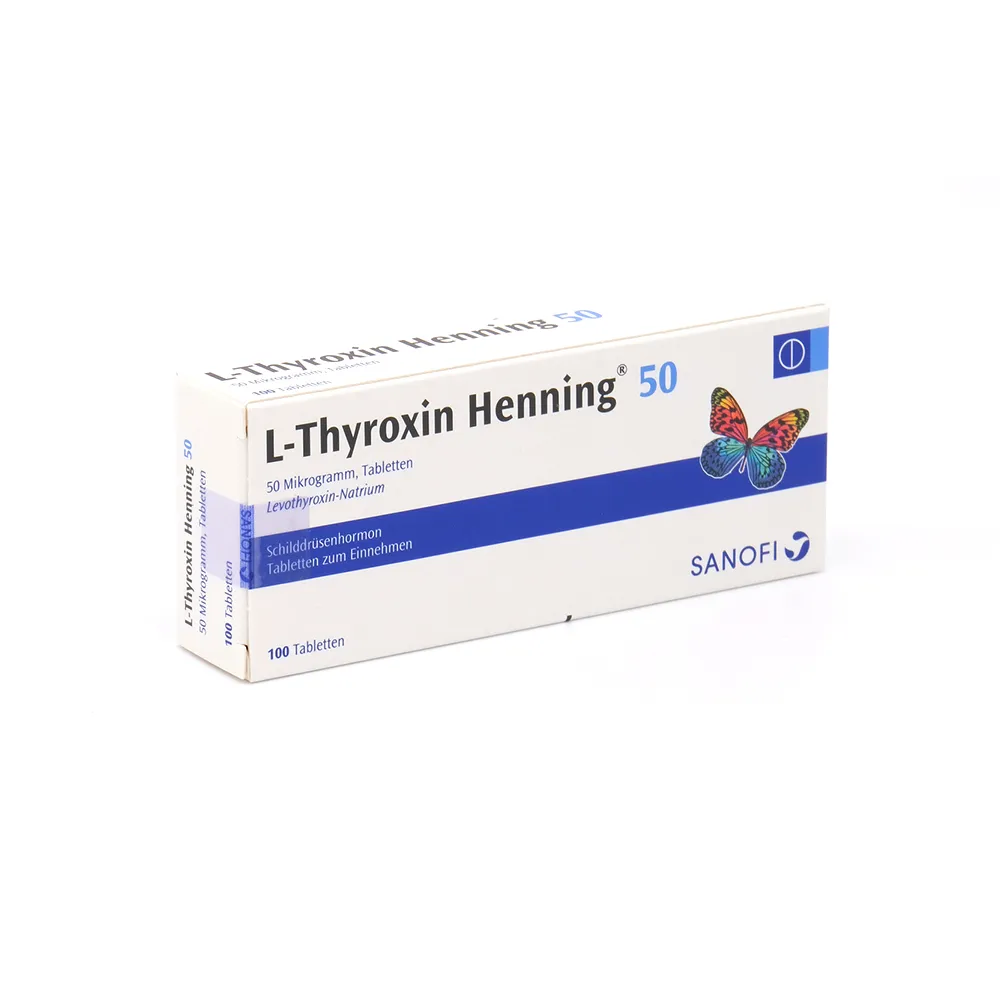
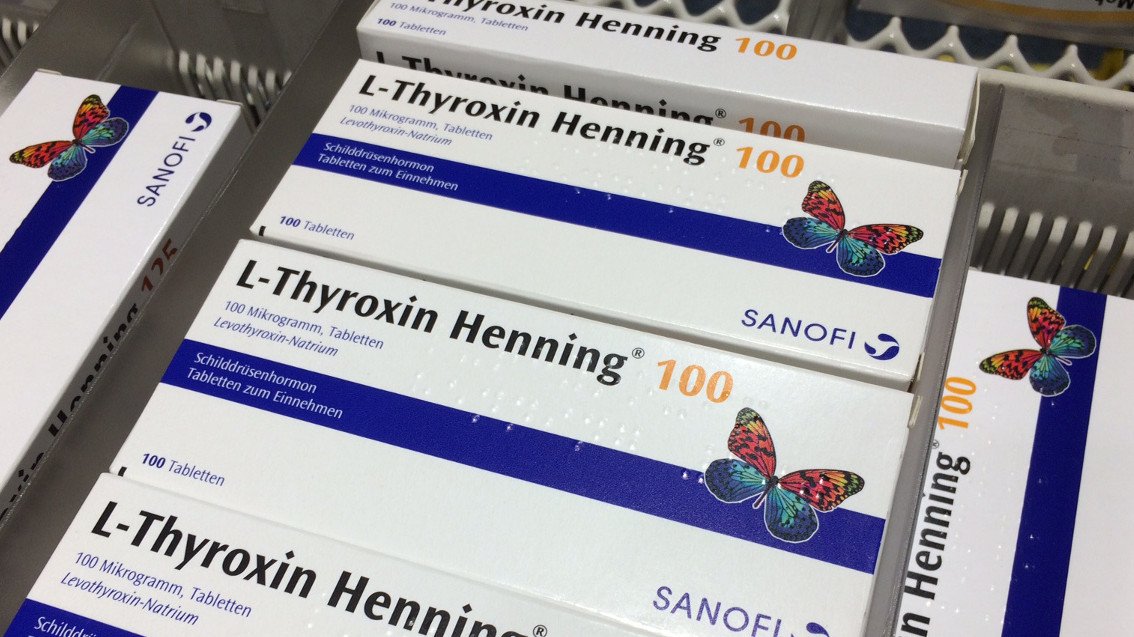
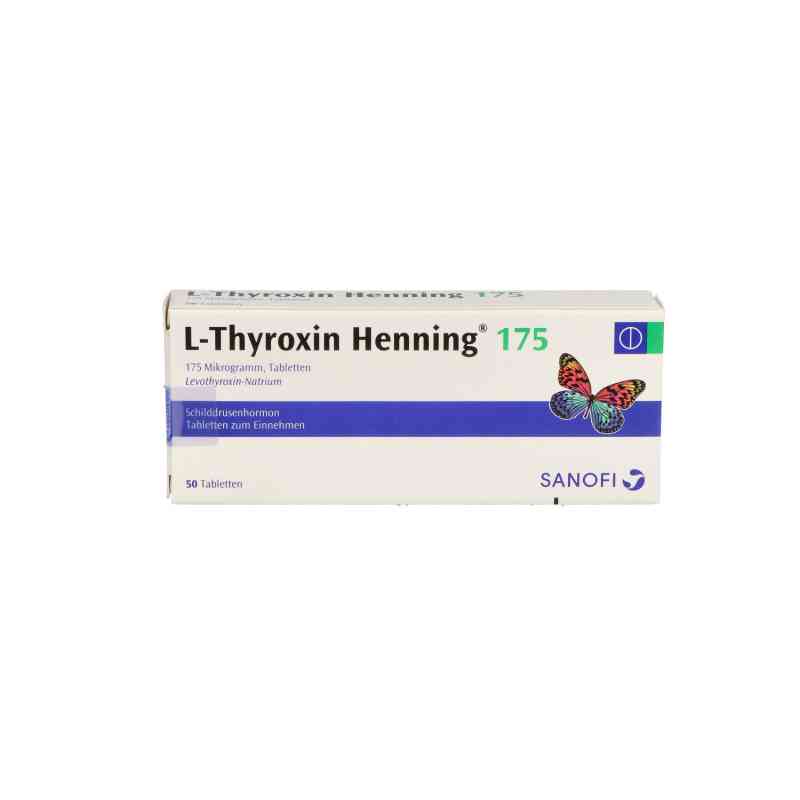
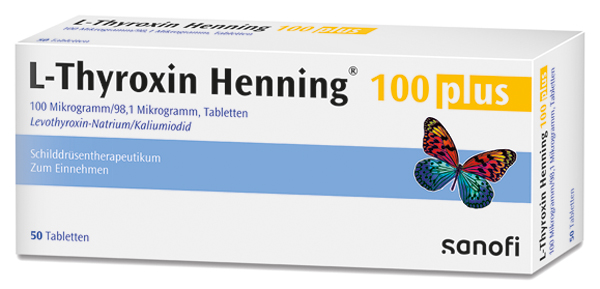

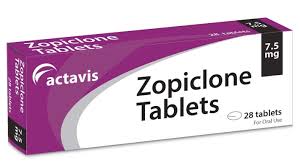
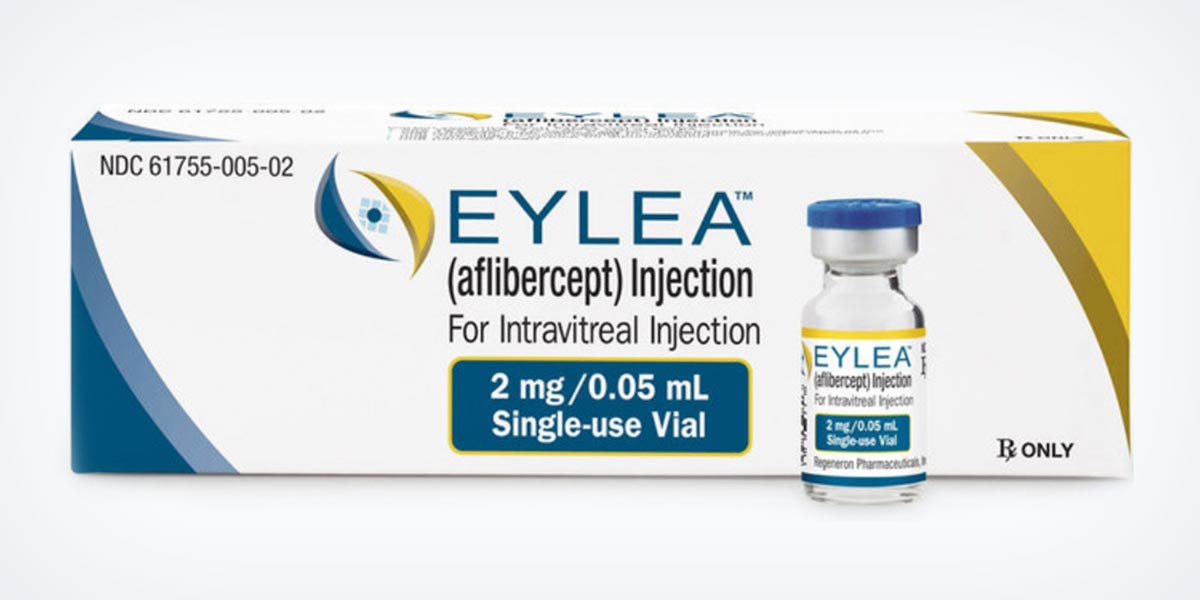




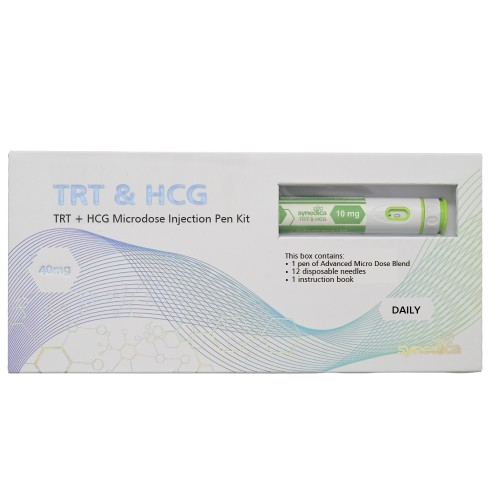
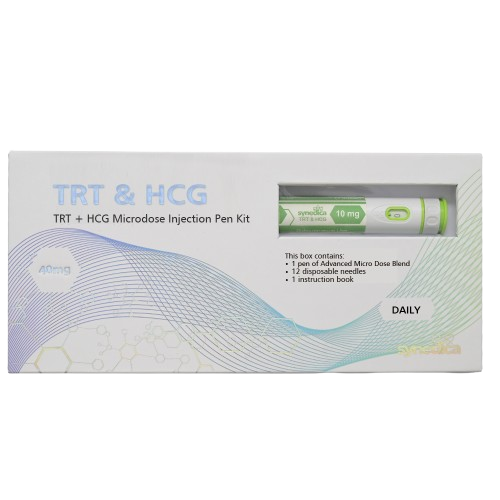





Reviews
There are no reviews yet.